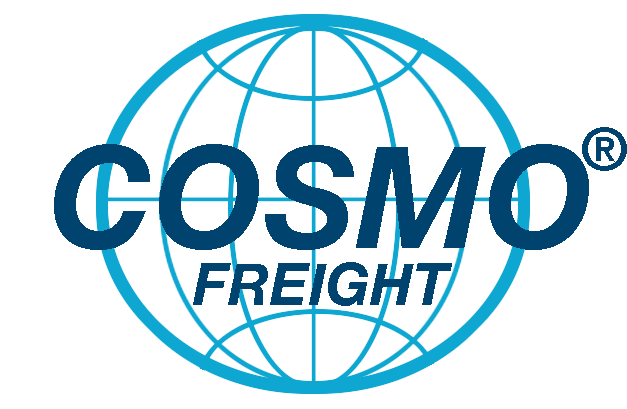Understanding Incoterms
Understanding Incoterms®: Their Role, Benefits, and Flexibility in International Sales
When engaging in international trade, one of the most common sources of confusion is determining who is responsible for what — who pays for transportation, who handles customs clearance, and when the risk passes from seller to buyer. To simplify these logistics-related questions, the International Chamber of Commerce (ICC) developed a standardized set of rules known as Incoterms® (short for International Commercial Terms).
At Cosmo Freight, we help our clients integrate Incoterms® into their international contracts with clarity and confidence. Here’s what you need to know:
🔍 What Are Incoterms®?
Incoterms® are a globally recognized set of 11 trade terms that define the responsibilities of buyers and sellers in international sales contracts — specifically for the delivery of goods. The latest version, Incoterms® 2020, was published by the ICC and is widely adopted worldwide.
It’s essential to note that Incoterms® are not mandatory. However, they are highly recommended because they offer a clear, universal shorthand to define the logistics responsibilities in a transaction.
🧩 The Three Key Functions of Incoterms®
Each Incoterm® addresses responsibilities in three essential areas of a sale:
1. Cost Allocation – Who Pays What?
Incoterms define which party pays for transportation, loading/unloading, export/import duties, insurance, terminal handling, and more. For example:
- FOB (Free On Board): The seller pays until the goods are loaded on the ship.
- DAP (Delivered at Place): The seller covers nearly all transport costs until final delivery.
2. Task Division – Who Does What?
They clarify responsibilities for logistics actions like:
- Booking freight
- Arranging export documents
- Customs clearance
- Insurance
3. Risk Transfer – Who Bears the Risk and When?
Incoterms also state when the risk of loss or damage to goods transfers from seller to buyer. For example:
- EXW (Ex Works): The buyer assumes all risk from the seller’s premises.
- CIF (Cost, Insurance, and Freight): The risk transfers when goods are loaded on the vessel, even if the seller pays for insurance.
📌 Incoterms® Are Optional, But Powerful
While Incoterms® are not legally required, they offer a reliable framework that:
- Reduces misunderstandings
- Minimizes disputes
- Simplifies negotiations
- Provides a clear summary of logistics obligations
Most importantly, parties remain free to customize their contract beyond the scope of the Incoterm used.
💼 Real-World Flexibility: The EXW Example
Under EXW, the seller’s only obligation is to make goods available at their premises. However, in practice, a seller might choose to assist the buyer by:
- Loading goods onto a truck
- Handling export documentation
- Stuffing the container
This is perfectly acceptable — as long as it’s agreed upon in writing. Incoterms set the baseline, but real-world logistics often go beyond.
💡 Why Incoterms® Matter for Your Business
At Cosmo Freight, we help clients choose the most suitable Incoterm® for their shipment based on their operational capabilities and risk tolerance.
Whether you’re exporting goods from Europe or managing supply chains from Asia, selecting the right Incoterm® ensures that responsibilities are clearly defined and your international contracts run smoothly.
✅ Key Takeaways
- Incoterms® are optional but highly useful for structuring the logistics portion of a sales contract.
- They define who pays, who does what, and when risk transfers.
- Parties can always negotiate beyond the Incoterm — for instance, loading goods under an EXW deal.
- They improve transparency, reduce risk, and streamline global trade.
📞 Need Expert Help?
Need help choosing the right Incoterm®? Contact Cosmo Freight — your trusted partner in global logistics and international sales support.



